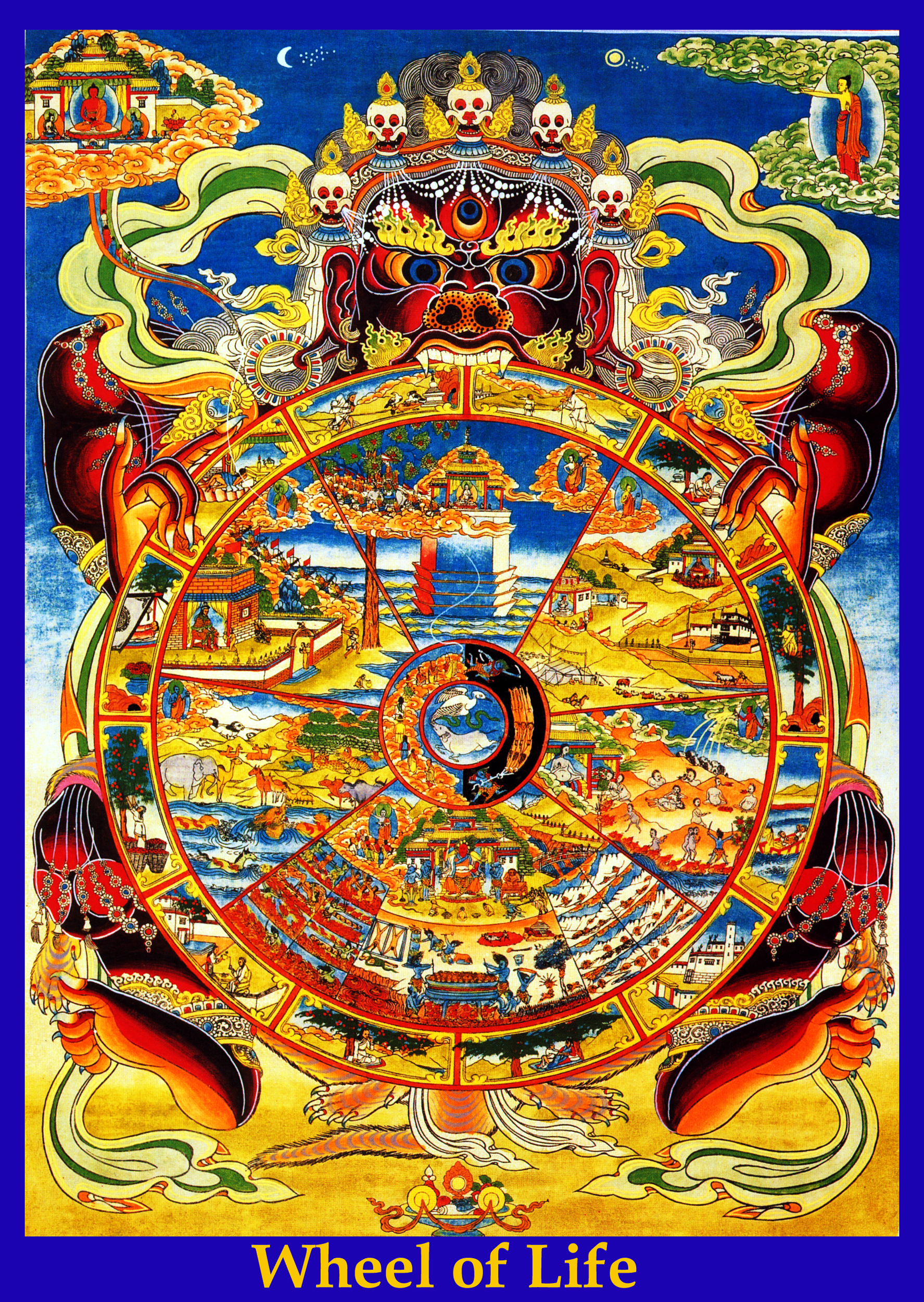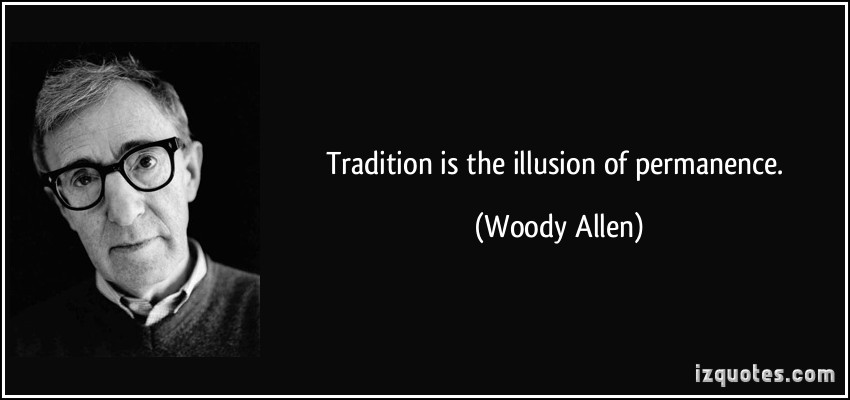Can the World be perfect?
Sunday 08 Jan 2017
Much of the discussion and commentary that we hear on the media today is very forthright and often very appealing in the way it tries to convince us that doing things this way or that would certainly fix or ameliorate the problems we have in the world. There are versions of Capitalism, Socialism, Communism or we can cherry pick modifications to suit. There is often appeal in a call for a harsh crackdown, even summary executions as opposed to due process, Pilipino style. Some just want to dominate society because they can and will do it ruthlessly to maintain their perceived righteousness. So many different ways for the world to be ordered or disordered! Chaos and anarchy are also options for some.
Today I think it would be fair to say that most people prefer a harmonious, civilised, live and let live life that appreciates intelligent discussion between fair minded people choosing pathways with reference to what has happened in the past, and then making meaningful projections for the future. This way of doing things can often see a clear pathway that is appealing to most. To this end the world has many systems in place like the U.N. and various treaties, pacts and trade deals to protect interests and accommodate the differing perspectives that abound. There is a lot of effort and thinking put in to make a complicated system like this work and there is often, what I see, as a deluded sense or feeling that if we were able to just try a little harder, or just perfect our thinking a bit more so we could understand it all better, then we could adjust our actions to suit and the World would be OK. The truth is however; even if we could find everyone’s best will, our thinking would remain unbalanced and unctuous. Eventually the system falls apart! Making the World perfect is a big lie! The discussions and commentary around the issues of peace and happiness need to be leavened with very practical knowledge that has been known to us for at least 2600 years
I am talking here about the “First Noble Truth” that was taught by the Buddha following his enlightenment. This is where he outlined the “Four Noble Truths” that began the religion of Buddhism all those years ago. He explained how the world is very naturally un-satisfactory and full of dis-ease, (not at peace) and that it will always be this way because of its impermanent nature. The Pali word he used to describe this phenomena is Dukka. The unctuous lives that we live is akin to “Shifting the deck chairs on the Titanic.” I am not trying to speak from a high place here, because I know that I am caught in the same trap of trying to understand everything so as to make it right for us all. Then as I learn to understand Dukka more, I see the impossibility of ever making it all right. Trouble is built in! This is not to say we should not keep trying though, but the perspective and understanding of Dukka needs to be included more in public discussions, as this awareness can help and will start to shape more realistic outcomes and give us a better pointer to happiness.
Siddhartha Gotima was unctuous too! He was dissatisfied as a Prince and a life of plenty so he left it all to practice and gain knowledge. He ended this phase of his life in complete asceticism. His practice allowed him to see the opposing extremes but it also allowed him to notice the balance of the “Present Moment”, and a “Middle Way” pathway between extremes. He learned to meditate and used it to uncover the “deep” time and space of the moment. He learned how to make his mind still, such that this still consciousness gave him a perspective on the world that took him past the conditions of his life and closer to truth. He eventually learned to see the world from a mind that had stopped. This allowed him to realise and know enlightenment. He is said to have died fully enlightened.
 When stillness kicks in and we start to understand and know the conditioning that we undergo in our world, we start to see things from a better perspective. We realise that we cannot see clearly when we are caught inside the condition itself. The stillness, which continues to become more spacious and empty, ends up as pure consciousness that can penetrate all of the conditions. This can be known! The paradox here, (analogous to the Quantum Mechanical paradoxes) is that this knowing allows the apparent conditions (Normal Life?) and the way it transcends, to be to held in our mind together, and be seen all at once. The Present Moment opens to allow one to see the beginning and ending of conditions --- all in this present moment.
When stillness kicks in and we start to understand and know the conditioning that we undergo in our world, we start to see things from a better perspective. We realise that we cannot see clearly when we are caught inside the condition itself. The stillness, which continues to become more spacious and empty, ends up as pure consciousness that can penetrate all of the conditions. This can be known! The paradox here, (analogous to the Quantum Mechanical paradoxes) is that this knowing allows the apparent conditions (Normal Life?) and the way it transcends, to be to held in our mind together, and be seen all at once. The Present Moment opens to allow one to see the beginning and ending of conditions --- all in this present moment.
Because this view is coming from a truthful place, it is naturally compassionate and includes all the conditioning that makes the world. It allows for decisions and actions that are harmonious and balanced, because the perspective sees the wholeness and completeness of our world. We see how we are in it together and everything has its place. Our consciousness is one with everything.
Einstein’s Relativity Theory is about mass and energy being equivalent with movement (light) mediating it all through time and space (distance) and it all being held relative to the other to maintain the whole. There is a resonance in the way that we as individuals see and experience the world and ourselves in it as it is all reflected back to us. Further, in relative terms, we are all conditioned differently, with some to be leaders and others followers. The conditioned dualities that make up the world are all there in between and all around. Every circumstance has its opposing energy. The Buddha talked about the “eight worldly winds”: praise / blame, repute / disrepute, gain / loss, fame / infamy, which he saw as important for humanity to understand. The stillness allows our minds to know beyond these conditions where all these dualities can exist together harmoniously as paradoxes. This is possible when we are in tune with the present moment; however the Dukka is still there.
 The good news is that when a personal mind stream of consciousness is aware to this extent, it is mature and will not be interested in being born again into the conditions of the world. The stillness and the peace that this knowing brings become more inviting, but in the meantime, there is no doubt that the world could be made to be better by understanding the nature of Dukka. Thinking the world’s problems out without this wisdom has reached its limits. The world is becoming confused and lost in anxiety and depression. We all need to stop the chattering mind and practice to be still in order to let things settle. Only then will clarity appear.
The good news is that when a personal mind stream of consciousness is aware to this extent, it is mature and will not be interested in being born again into the conditions of the world. The stillness and the peace that this knowing brings become more inviting, but in the meantime, there is no doubt that the world could be made to be better by understanding the nature of Dukka. Thinking the world’s problems out without this wisdom has reached its limits. The world is becoming confused and lost in anxiety and depression. We all need to stop the chattering mind and practice to be still in order to let things settle. Only then will clarity appear.






